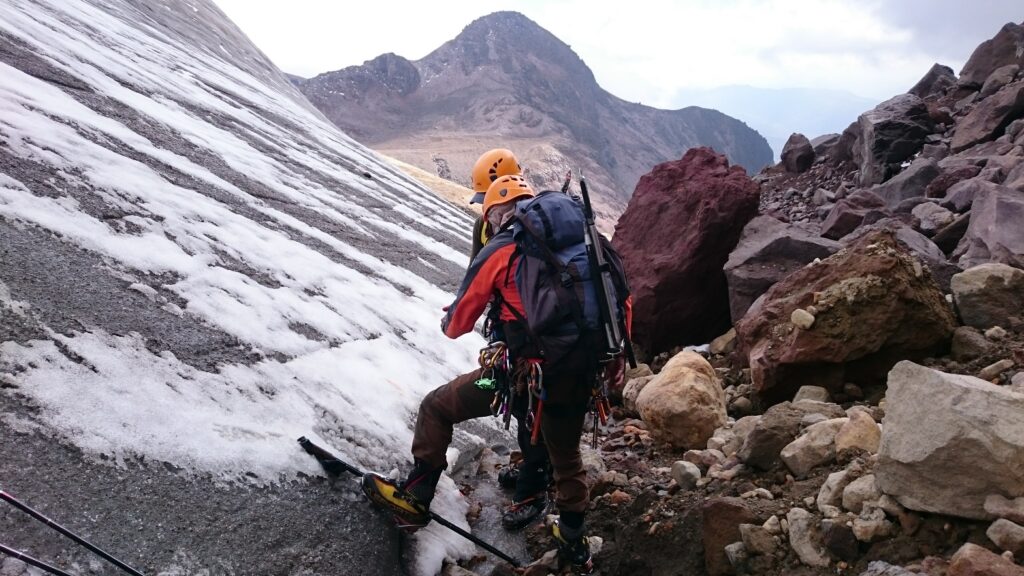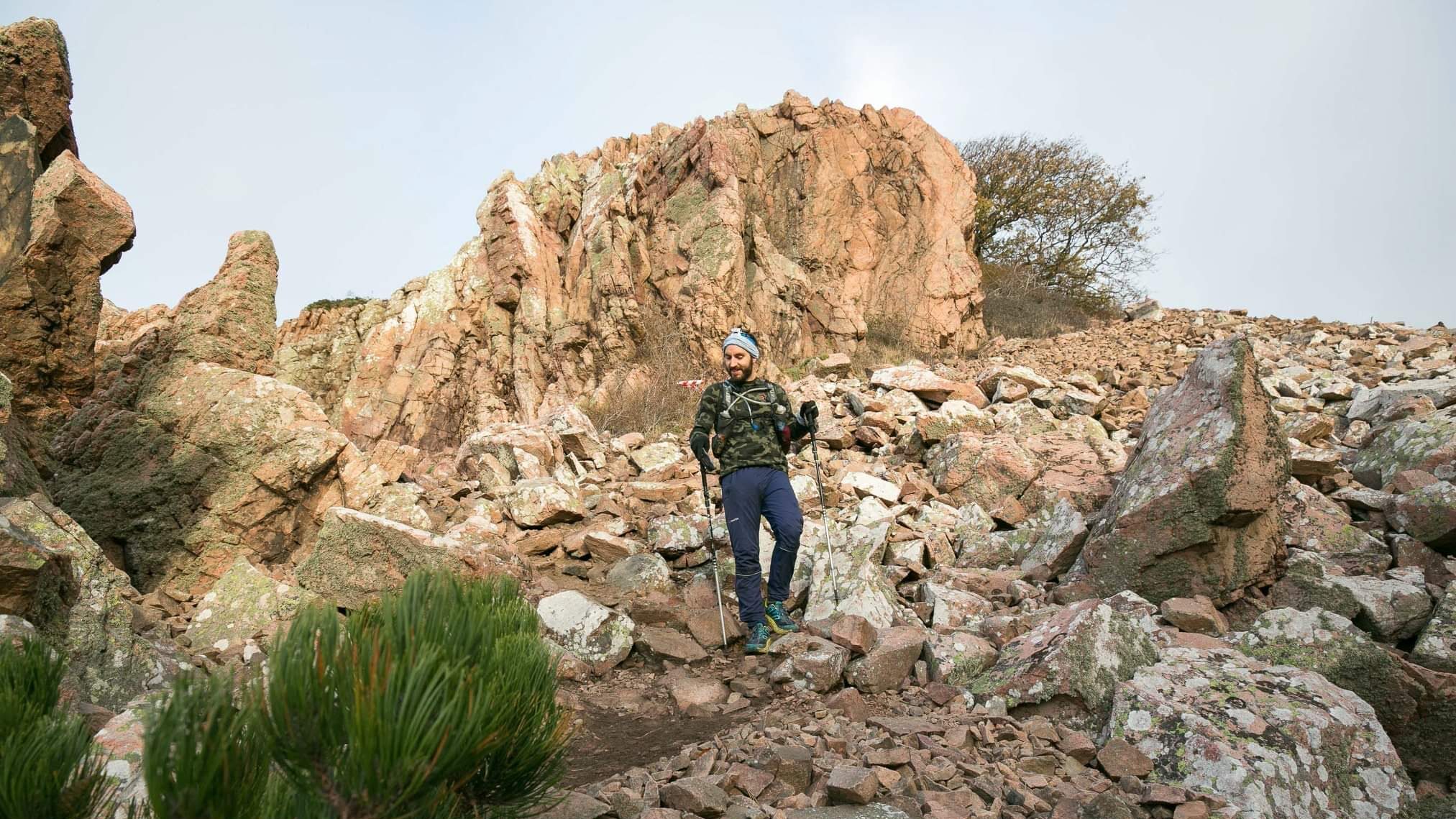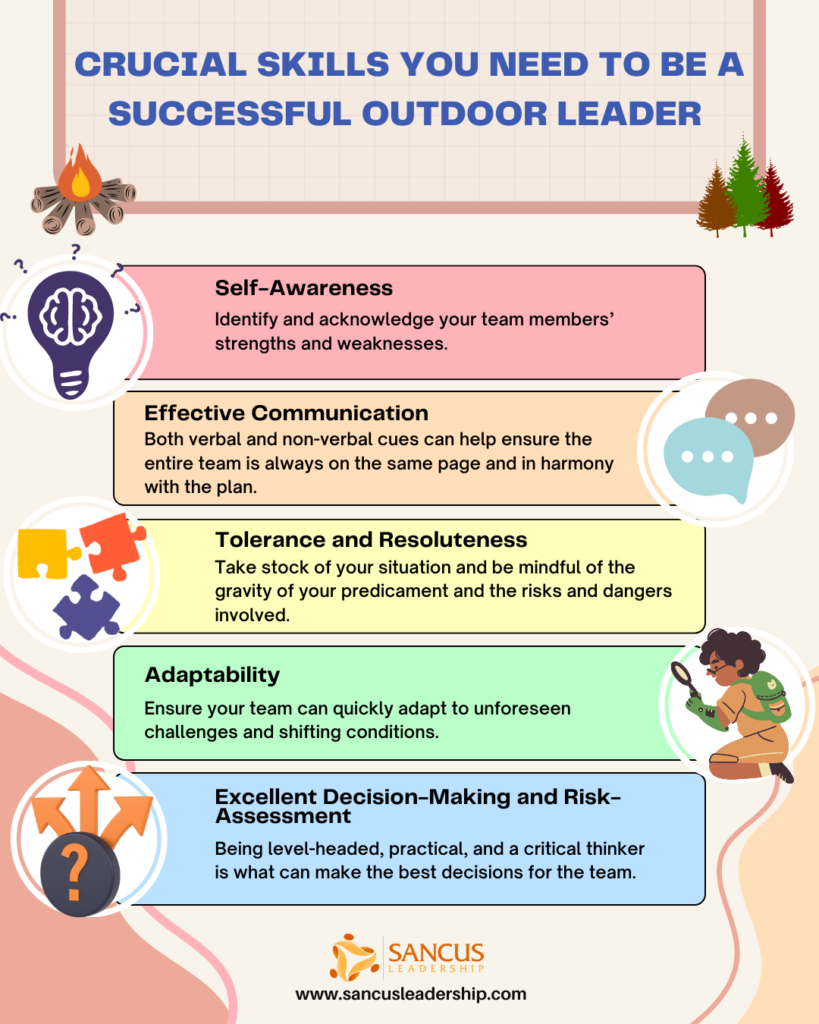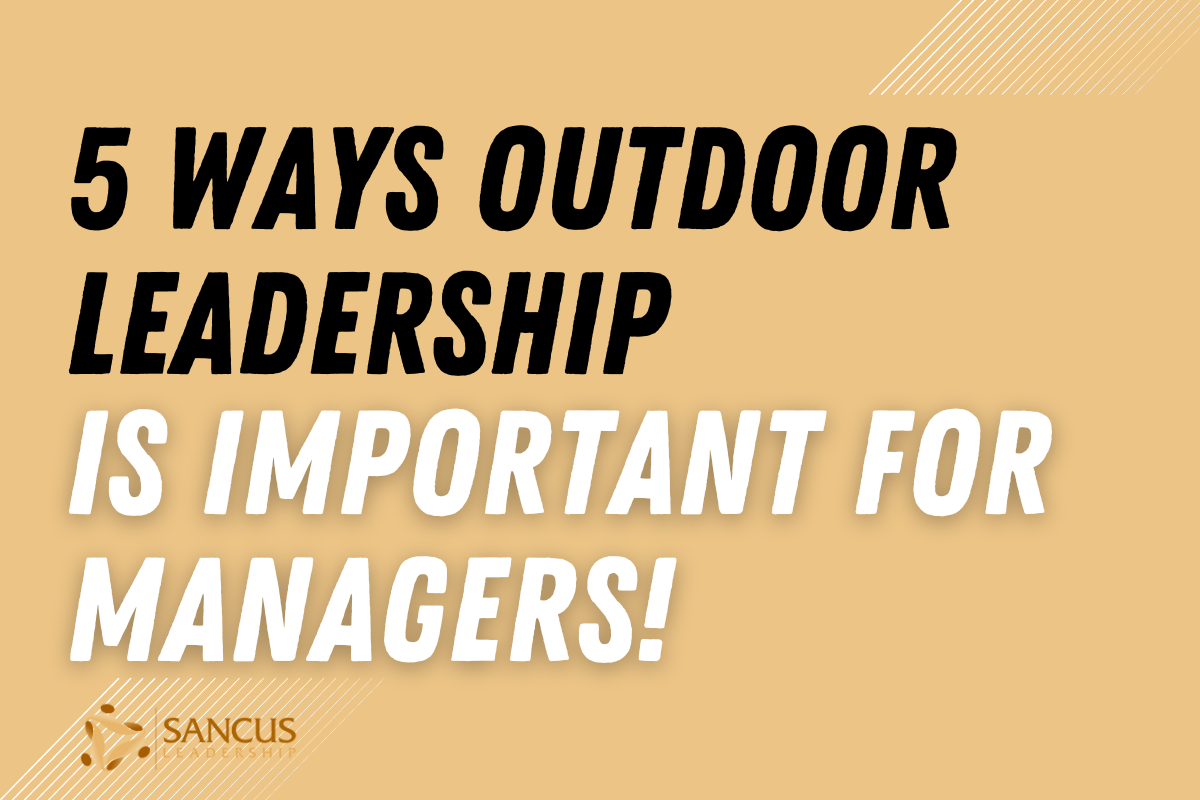Do you agree that the wild outdoors is irrelevant to any scenarios one might encounter at the workplace? Do you think outdoor activities distract business leaders from the real issues and problems they’re meant to address in the office? If so, you might be one of the many leaders who shy away from experiential training simply because they think it’s irrelevant and a waste of their precious time.
Leadership is essential outdoors since it sharpens crucial skills, such as decision-making and risk assessment. The harsher conditions enhance your strengths and expose you to experiences that stir you to be more responsive. The outdoors is, in fact, a potent training ground for leaders.
In this article, we will talk about the value of experiential leadership training and how the outdoors can be one of the most effective venues for sharpening crucial leadership skills. We will discuss the specific skills targeted by outdoor activity and how you can easily translate these learnings into how you function as a team leader in the workplace. Let’s start!
Is Outdoor Leadership Crucial?
There are a lot of things that need to be clarified about the value of outdoor leadership. Still, the biggest fallacy we may all be harboring is that the outdoors only serves as recreational venues to learn more about nature while having fun. Like most people, you might assume that the capriciousness of nature provides a poor backdrop for learning about crucial leadership skills.
Nothing could be further from the truth.
Outdoor leadership is crucial because it allows you to exercise critical and creative thinking and decision-making to solve problems in the wild. It trains you to make the most of your strengths, recognize your weaknesses, learn to develop collaborative relationships with others, understand your environment, and employ the most relevant leadership techniques to ensure your team achieves the set goals.
Without learning about outdoor leadership, leaders in the workplace might have a more challenging time grasping the concept and value of making snap decisions for the team. They might need to receive adequate, reality-based training on preserving team dynamics and the relevance of transparent decision-making in ensuring that the group remains collaborative, engaged, and united.
Without learning about outdoor leadership, leaders in the workplace might have a more challenging time grasping the concept and value of making snap decisions for the team.
What Effective Outdoor Leadership Can Do for You
Let’s take a look at some of the key benefits of effective outdoor leadership both in the wild and in the workplace:
- Builds self-confidence
- Enhances self-awareness
- Sharpens the critical mind
- Strengthens risk acumen
- Boosts decision-making skills
- Enhances communication skills
- Encourages innovation
- Improves team morale
- Fosters trust
What It Takes To Be an Effective Outdoor Leader

When you head out for some fun and adventure in the outdoors, one of your primary goals is to return home safely to your friends and family. To ensure this, you must learn and apply vital abilities and know-how to help you escape even the trickiest situations.
At Sancus Leadership, we can help you seamlessly translate the relevant experiences and skills you garner from the rough outdoors into the more controlled environment of your workplace. We put a premium on experiential leadership, so when you’re ready to see the difference it can make in your leadership style, call us, and we’ll be happy to help you get started.
Here are some of the most crucial skills you need to be a successful outdoor leader and how they translate into the workplace:
1. Self-Awareness

In the outdoors, you must have a good grasp of your capabilities and limitations so you know how to approach different scenarios appropriately. You must also effectively convey the relevance of self-reflection to your team because it can spell the difference between failure and success in your endeavors.
In the workplace, identifying and acknowledging your team members ’ strengths and weaknesses will play a significant role in how you can efficiently lead them toward achieving shared goals. Managing a team has a lot to do with knowing how to leverage strengths for their benefit and moderate weaknesses so they don’t drag the team down.
In the workplace, identifying and acknowledging your team members ’ strengths and weaknesses will play a significant role in how you can efficiently lead them toward achieving shared goals.
2. Effective Communication

Effective communication is a critical skill in the outdoors. Both verbal and non-verbal cues can help ensure the entire team is always on the same page and in harmony with the plan. A leader who establishes communication as one of the group’s core values can look forward to a more trusting, collaborative, and engaged team.
In the outdoors, effective communication takes center stage in passing on crucial information about important issues, such as possible threats detected, perceived risks, or planned changes. Without it, a team could quickly fall prey to confusion, misunderstandings, and inaccurate assumptions, all of which can spell disaster in the outdoors.
Effective communication is just as important in an office setting to ensure the team functions as efficiently as possible. Through an open, honest, and transparent culture, a team can achieve its full potential and become highly instrumental in making the organization a formidable force in the industry.
Effective communication is just as important in an office setting to ensure the team functions as efficiently as possible.
3. Tolerance and Resoluteness

What will you do when you wake up one morning in the mountains and suddenly find yourself trapped in 3 feet of snow? Will you panic and immediately try clawing your way out of the ice? Will you feel utterly defeated because you just survived an arduous climb up the mountain, and now you’re suddenly highly exhausted?
Giving up is not an option outdoors, nor is falling apart and losing your cool. Successfully leading your team back to safety means you must always learn to be self-possessed and build your tolerance level to boost your chances of quickly overcoming adverse situations.
Take stock of your situation and be mindful of the gravity of your predicament and the risks and dangers involved. Don’t let challenges defeat you. Instead, perceive them as learning experiences from which you can glean valuable encounters and learnings. Remain resolute and never lose sight of your end goal.
If you take all these to heart, facing hurdles in the workplace will suddenly seem like a breeze. You won’t easily succumb to disappointments and frustrations because you know that these serve to enhance your learning curve in leadership.
4. Adaptability

If you love spending time outdoors like me, you most certainly already know that nature is highly fickle. Your situation and circumstances could change in an instant. As a leader, you ensure your team can quickly adapt to unforeseen challenges and shifting conditions.
As a business leader, adapting is crucial to ensuring your team’s stability and success. You must know how to adjust and tailor-fit your approach to more efficiently navigate new market conditions, evolving customer expectations, unforeseen crises, and organizational changes.
As a business leader, adapting is crucial to ensuring your team’s stability and success.
5. Excellent Decision-Making and Risk-Assessment

In my experience in the military, making snap decisions was crucial to safety and survival. I frequently found myself in situations where one wrong move would’ve had disastrous consequences for my team and me.
Being level-headed, practical, and a critical thinker is what can help me make the best decisions for my team. I always made it a point to weigh my options and assess the risks involved to ensure that my team’s safety is always a top priority.
Involving my team in the decision-making process was also an excellent way for me to expand our perspectives. As the saying goes, “Two heads are better than one,” this holds, especially in harsh outdoor environments where nature can sometimes be unforgiving.
In the business setting, the organization’s survival, growth, and success amidst challenges and trials are among your primary goals as a leader. Your team looks up to you to make the best decisions to help push them closer to achieving set goals.
Transparency in decision-making will also be crucial in ensuring you earn your team’s trust. Allowing them to have a say in critical turning points for the group sends the message that you see them as allies, not just followers, in business.

| Most crucial skills you need to be a successful outdoor leader | Description |
| Self-Awareness | It empowers leaders to confidently guide their teams, foster a positive group dynamic, and navigate the wilderness with skill and competence. |
| Effective Communication | Listening is equally essential for an outdoor leader. The leader can gather valuable insights, concerns, and suggestions by actively listening to their team members. |
| Tolerance and Resoluteness | These skills empower the outdoor leader to navigate complex situations, make critical decisions, and maintain team morale, ensuring a safe and rewarding outdoor experience. |
| Adaptability | It empowers the leader to navigate uncertain terrains, make informed decisions, and maintain team morale during unforeseen circumstances. |
| Excellent Decision-Making and Risk-Assessment | These skills empower leaders to navigate the wilderness confidently, adapt to changing situations, and safeguard their team’s safety and satisfaction. |
The short but insightful video below shows how spending time outdoors and in the wilderness prepares you for your future career and becoming an effective leader.
Key Takeaways
Spending time outdoors is important because it helps sharpen interpersonal, communication, decision-making, and risk-assessment skills. The unpredictability and the relative inhospitality of the outdoors also help make a person more adaptable, resilient, and self-aware. Learning from real-life situations is one of the more effective ways to teach core values to individuals.
As a leader, you can translate these experiences and learnings into the workplace and influence your team to perceive you as a trustworthy, capable, proficient, and experienced leader they can look up to and emulate. The skills you learn and fortify outdoors will help make it easier for you to tackle challenges, navigate tricky situations, and pursue your goals in the business world.



